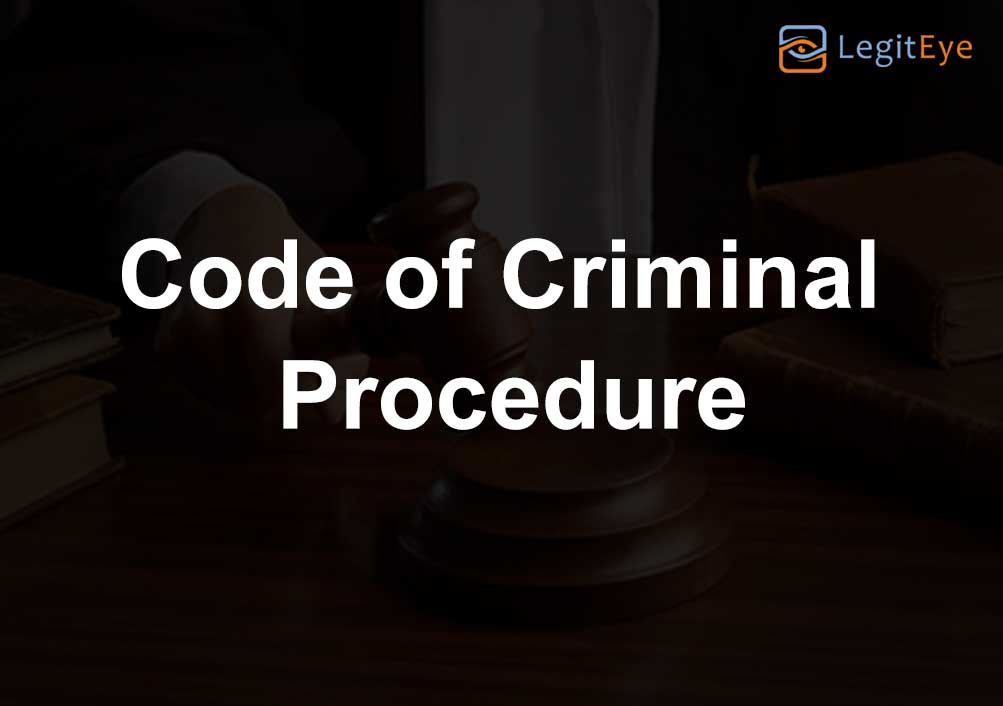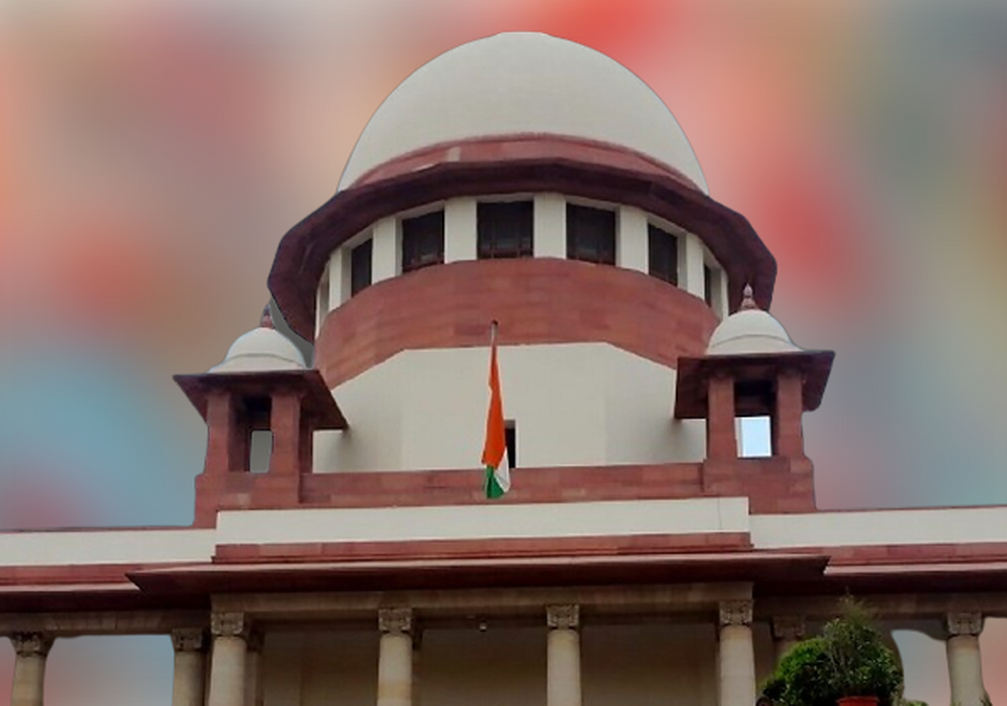In CRL.MC NO.4130 OF 2022 -KER HC- Statement recorded u/s 164 CrPC, being record of act of public officer done in discharge of his duty, is public document falling u/s 74(1)(iii) of Evidence Act: Kerala HC Justice Kauser Edappagath [10-08-2022]

Read Order: SARITHA S NAIR v. UNION OF INDIA AND ORS
Mansimran Kaur
Ernakulam, August 11, 2022: The Kerala High Court has recently observed that an accused or a victim is a person interested in the statement recorded under Section 164 of CrPC and they would be entitled to inspect and have copies of the same. But so far as a stranger is concerned, he would be entitled to inspect and have the certified copy of the statement u/s 164 only if he additionally shows that he has a genuine interest in the document
A Single Judge Bench of Justice Kauser Edappagath dismissed the Criminal Miscellaneous Case wherein two important questions were posed for consideration before the Court namely, whether statement recorded under Section 164 of the Criminal Procedure Code is a public document falling under Section 74(1) (iii) of the Indian Evidence Act and if a stranger to the proceedings is entitled to a copy of the same under Section 76 of the Indian Evidence Act.
The Single Judge bench observed that no person (be it accused, victim or a third party) is entitled to a copy of the statement recorded under S.164 of the Code till the final report is filed and cognizance is taken.
The Factual matrix of the case was such that the Enforcement Directorate registered an Enforcement Crime Investigation Report against three accused on July 13, 2020 under Sections 16, 17 and 18 of the Unlawful Activities (Prevention) Act 1967.
After investigation, a prosecution complaint under Sections 44 and 45 of the Prevention of Money Laundering Act, 2002was filed at the Special Court (PMLA), on October 6, 2020 reserving the liberty to file a supplementary complaint, if any.
The Special Court took cognizance of the offence. After further investigation, a supplementary prosecution complaint was filed against the fourth accused, reserving the right to file additional supplementary complaints as provided under Section 44(1)(d)(ii) of PMLA. Further investigation was in progress.
During its course, the second accused gave a statement under Section 164 of Cr.P.C on June 6, 2022and June 7, 2022 before the Chief Judicial Magistrate.
“The petitioner herein who was alleged to be a witness in the above case filed an application at the Special Court seeking a copy of the statement under Section 164 of Cr.P.C given by the second accused. According to the petitioner, the second accused in her statement had made certain imputations against her for which she intends to pursue a legal remedy.
The Special Court through order turned down the prayer, holding that the petitioner being a third party to the proceedings was not entitled to the copy at this stage. The said order was under challenge in this Crl. M.C.
After hearing the submissions from both sides, the Court noted that Section 164 of Cr.P.C. confers power on Magistrates specified in Sub-section (1) thereto to record any statement or confession made to them during an investigation by the police before the commencement of the enquiry or trial, the Court noted.
It was further noted by the Court that the statement may be made by an accused, or by one who may ultimately become an accused, or by a witness capable of giving useful information. Interests of justice require that such statements should be recorded in a manner which would be above cavil and not open to objection under Sections 25 and 20 of the Evidence Act. Section 164 Cr.P.C. provides the machinery for the record of such confessions and statements. The section prescribes the mode in which the confession or statement of an accused/person is to be recorded.
Precautions should be taken to see that it is voluntarily made and that what he says is carefully recorded and then read over to him to ensure accuracy. Recording of confession or statement is a solemn act and the Magistrate must see that the formalities prescribed in Sections 164 and 281 are strictly complied with. No doubt, the Magistrate recording it performs a duty imposed on him by statute, a public duty. It is a judicial act. The statement so recorded is the record of the act of a Magistrate discharging his judicial function, the Court further remarked.
A Full bench of Madras High Court in the case Madras v. G. Krishnan considered the definition of ‘public documents’, and the question as to whether the statements recorded under Section 164 of Cr. P.C are public documents and finally the right to obtain the certified copy thereof. It was contended on behalf of the State that a confession or statement made under Section 164 Cr.P.C was in substance nothing more than a statement of the deponent, a private individual; the recording of the same under Section 164 is done with the object of perpetuating the testimony, so as to pin down the parties making statements from going behind them and thus the record of such confessions or statements cannot give what essentially is an individual’s statement, the status of a public act.
Repelling the contention, it was held that a Magistrate recording a statement under Section 164 of Cr.P.C is performing a judicial act and therefore the record is a public document within the meaning of Section 74(1).
Thus, the answer to the first question was answered affirmatively that the record of a statement recorded under Section 164 of Cr. P.C, being the record of an act of a public officer done in the discharge of his duty, is a public document falling under Section 74(1)(iii) of the Indian Evidence Act.
Further by placing reliance yet again on the case of Madras v. G. Krishnan wherein it was that the right of the accused to obtain copies of the statement under S.164, before the filing of the charge – sheet has been taken away by implication by the provisions of S.173 (4) Cr.P.C and the dictum laid down in Miss ‘A’ vs State of Uttar Pradesh and Another (2020 (5) KHC 441).
It can safely be concluded that no person (be it accused, victim or a third party) is entitled to a copy of the statement recorded under S.164 of the Code till the final report is filed and cognizance is taken. In the case of a third party/stranger, he must additionally show that he has a genuine interest in the document. The said interest should be direct and tangible. An interest which is illusory or imaginary is no interest whatsoever. The second question was answered accordingly, the Court observed.
Hence, in light of the observations stated above, the Court dismissed the instant Criminal Miscellaneous Case.
Sign up for our weekly newsletter to stay up to date on our product, events featured blog, special offer and all of the exciting things that take place here at Legitquest.




Add a Comment